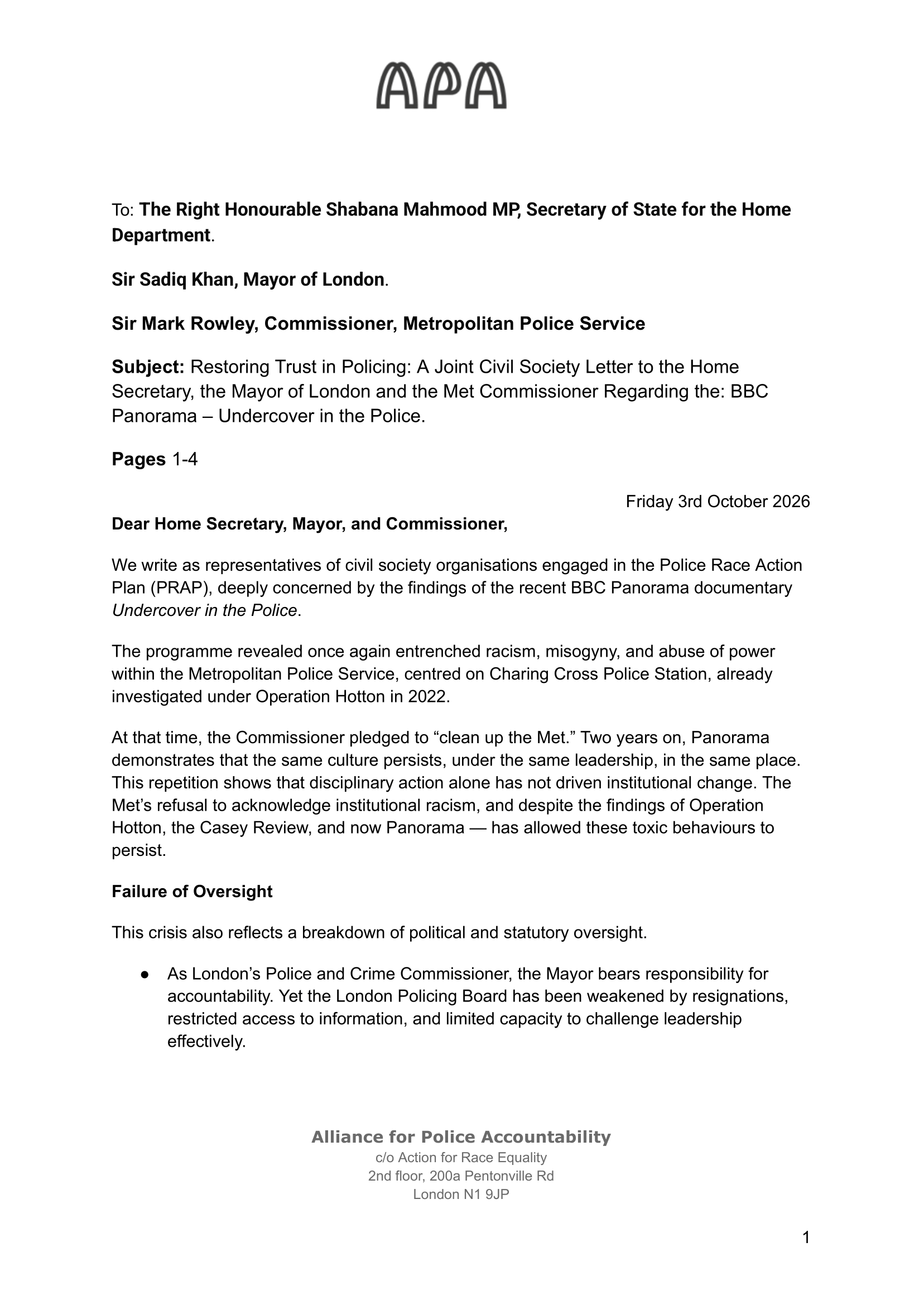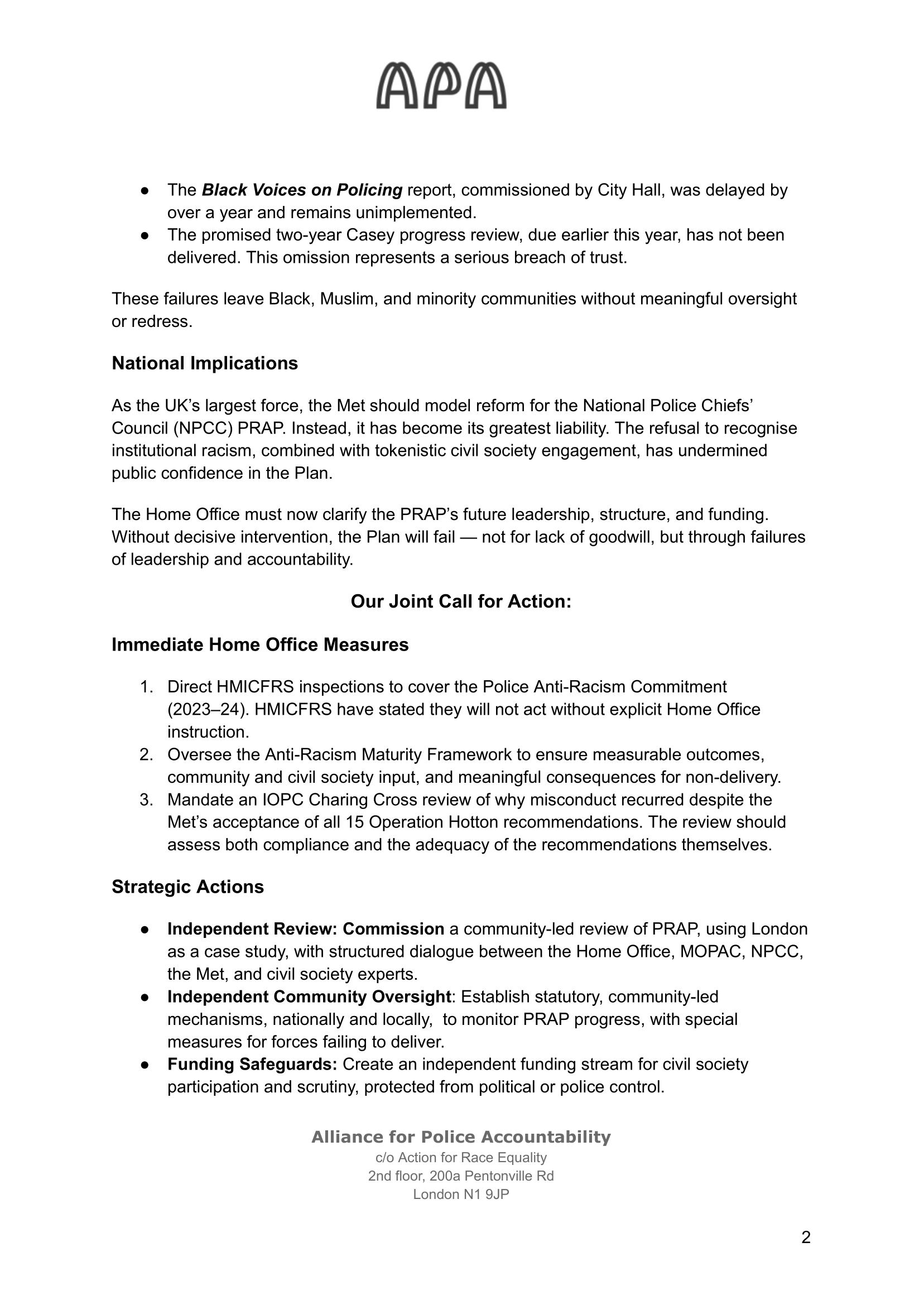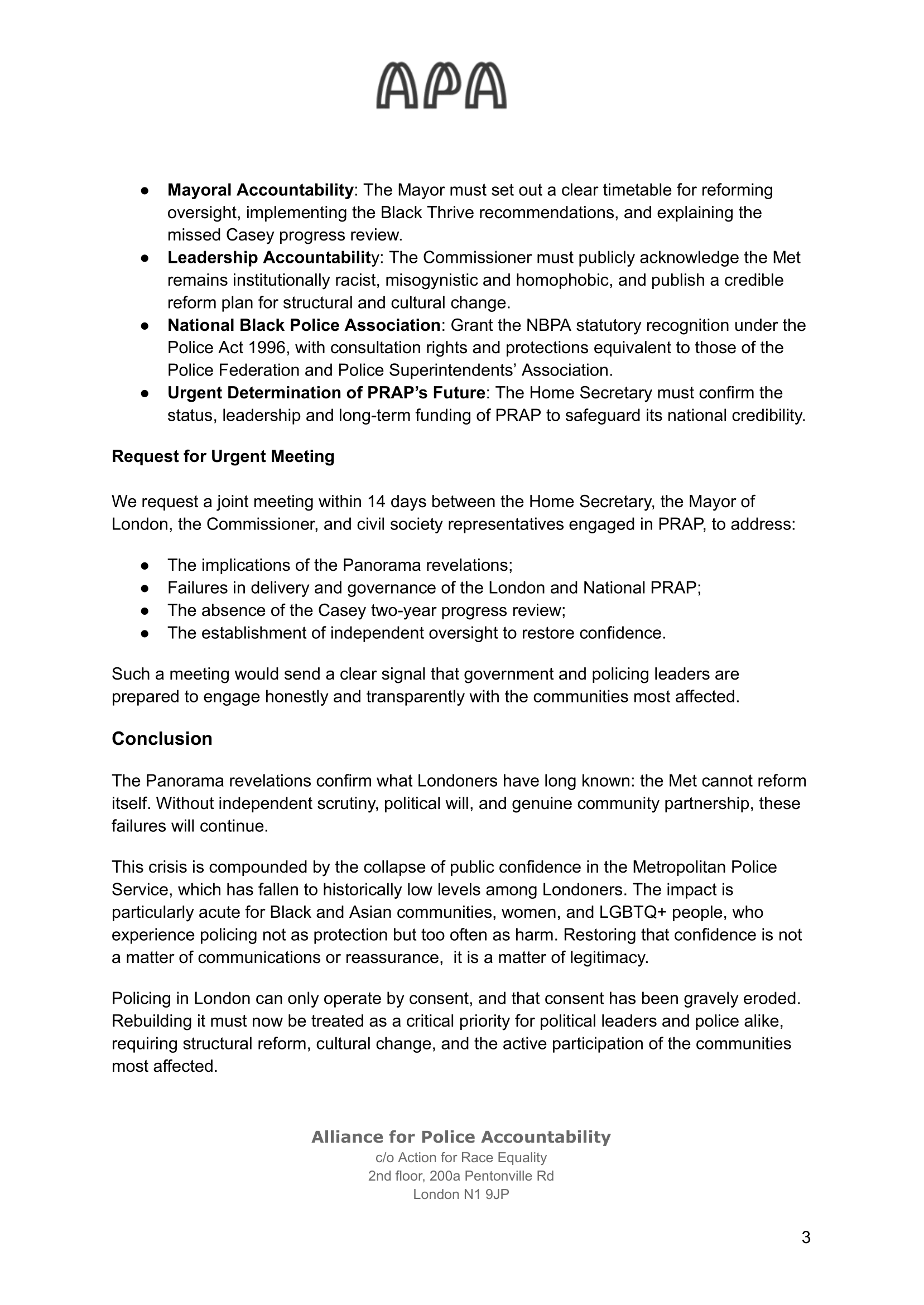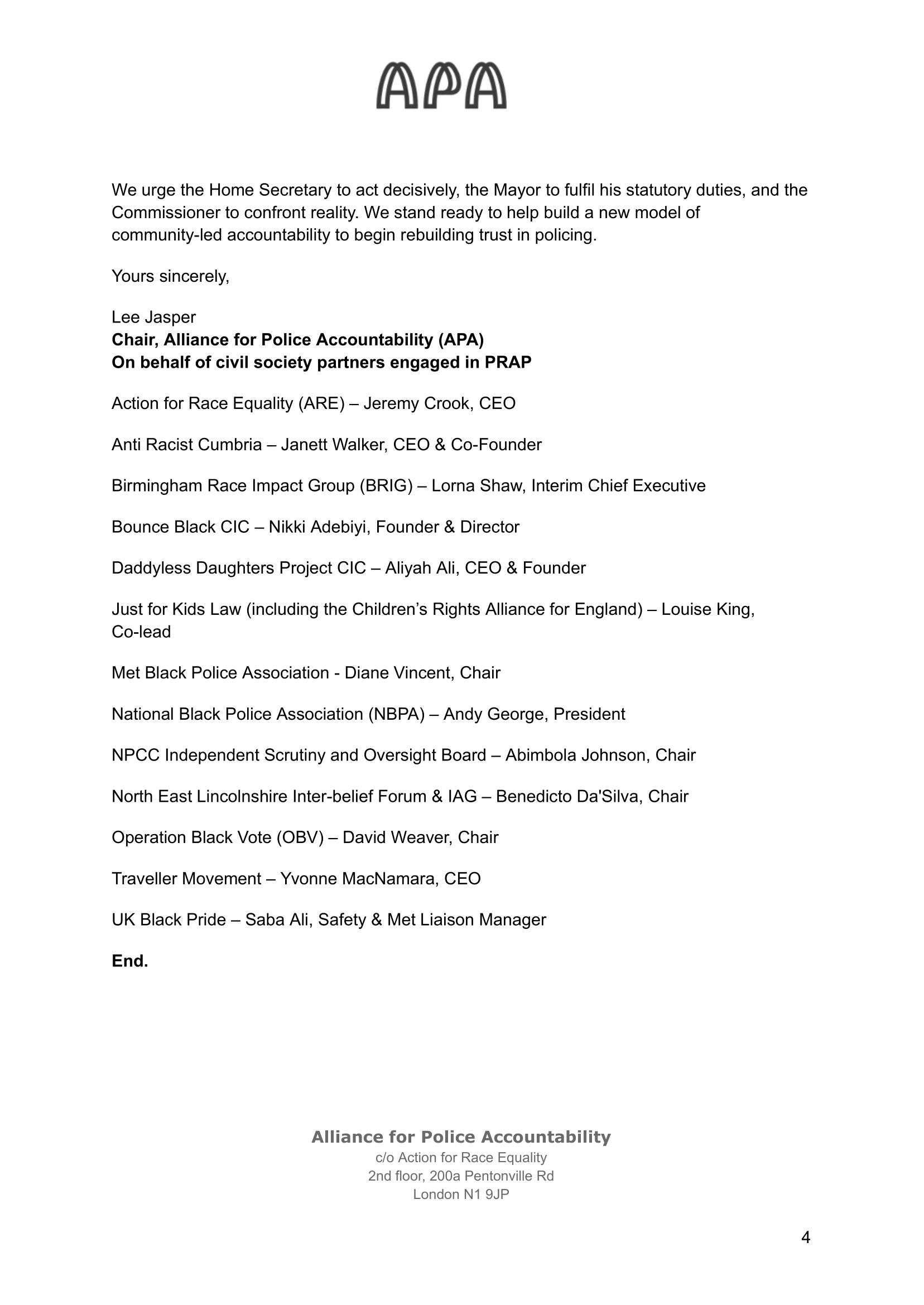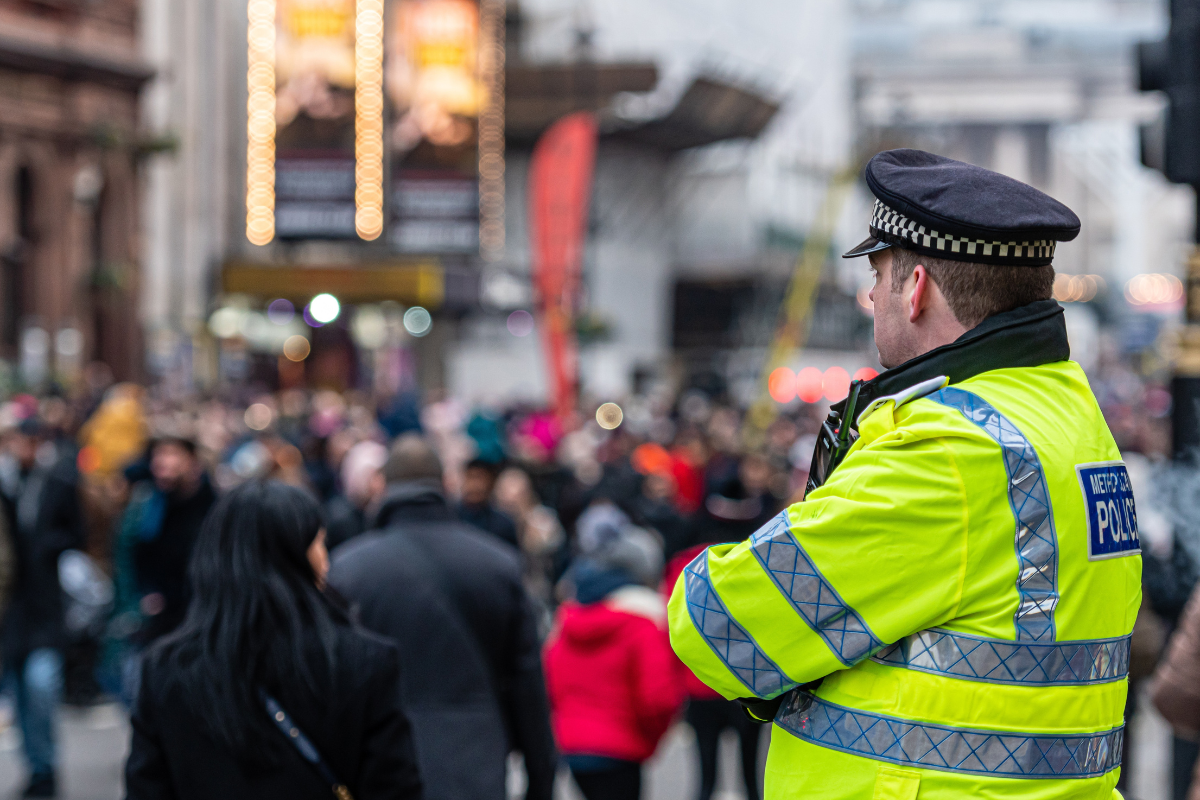By David Weaver, Chair of Operation Black Vote (OBV)
Like many who watched the BBC Panorama documentary Undercover in the Police, I felt a deep sense of outrage, disgust, and sadness. To see such entrenched racism, misogyny and abuse of power once again exposed at Charing Cross Police Station — the same site already investigated under Operation Hotton — was nauseating. It is a damning indictment of a culture that has been allowed to persist in the Metropolitan Police Service despite countless pledges of reform.
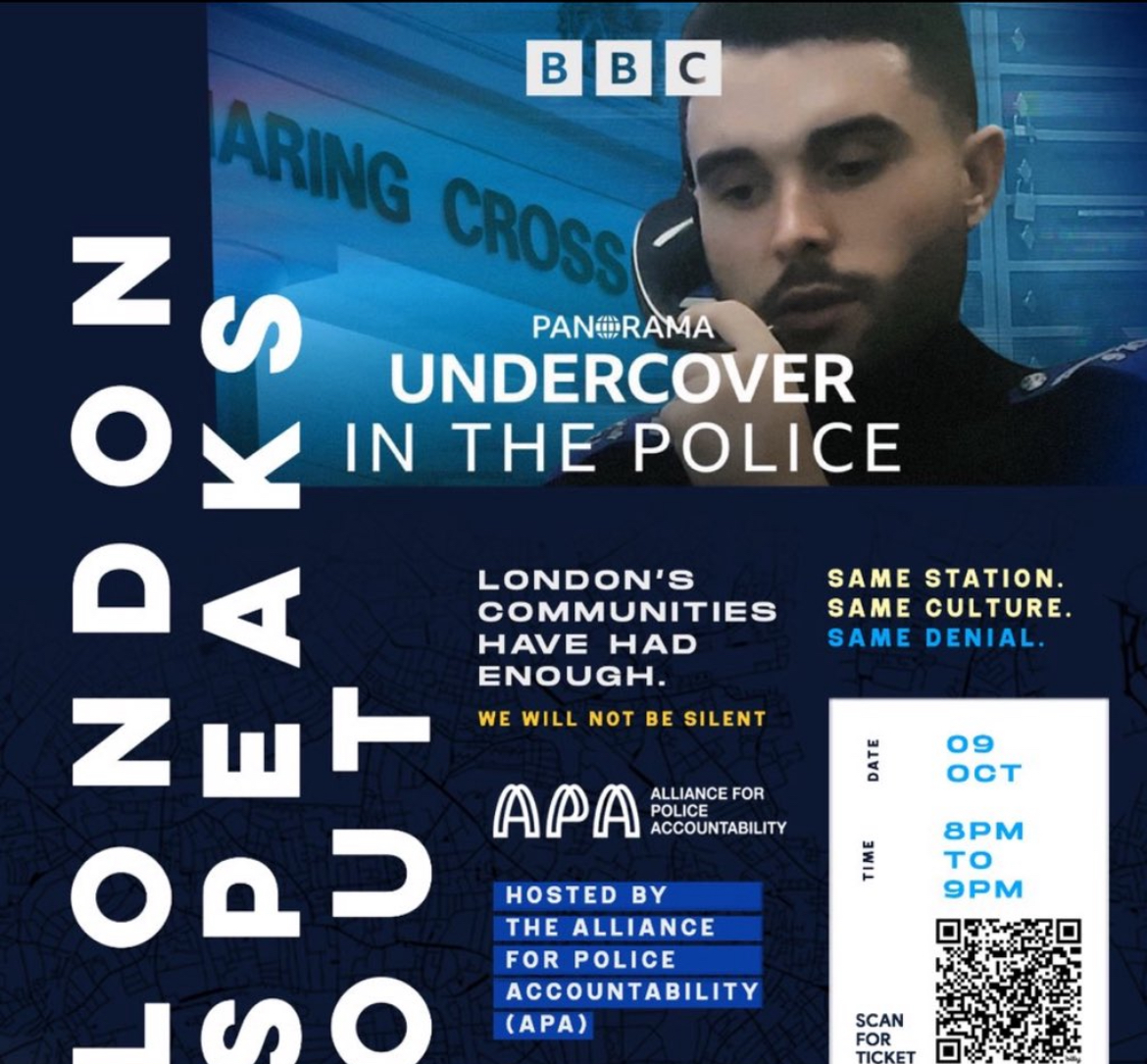
I have spent more than three decades involved in the struggle to improve police-community relations. From the earliest days of campaigning for racial justice, through to my role in giving evidence at the Macpherson Inquiry into the racist murder of Stephen Lawrence, I have seen the cycle repeat itself: scandal, denial, apology, superficial reform, and relapse. Each time, trust is further eroded. Each time, communities — particularly Black and Asian Londoners, women, and LGBTQ+ people — are left feeling even less safe.
This is why I signed the joint letter to the Home Secretary, the Mayor of London and the Metropolitan Police Commissioner. Alongside our civil society partners in the Alliance for Police Accountability (APA), we are calling for urgent, structural change. The letter makes clear that policing cannot continue on its current path: oversight has failed, accountability has collapsed, and leadership is refusing to confront the reality of institutional racism.

But the letter is also forward-looking. As Chair of Operation Black Vote and a proud member of the APA, I am committed to working with colleagues to design new models of democratic accountability in policing. We must replace closed-door governance with open, participatory structures that bring communities directly into decision-making. One powerful approach is the Poplar Assembly citizens’ model — a framework rooted in collective deliberation, transparency, and the principle that policing can only function with the consent of the people it serves.
At OBV we know that democracy does not thrive in theory alone; it requires active engagement, bold innovation, and independent voices. We will work tirelessly with APA partners to champion these new models, ensuring that communities are not just consulted after the fact but have a statutory role in setting priorities, scrutinising outcomes, and enforcing accountability.
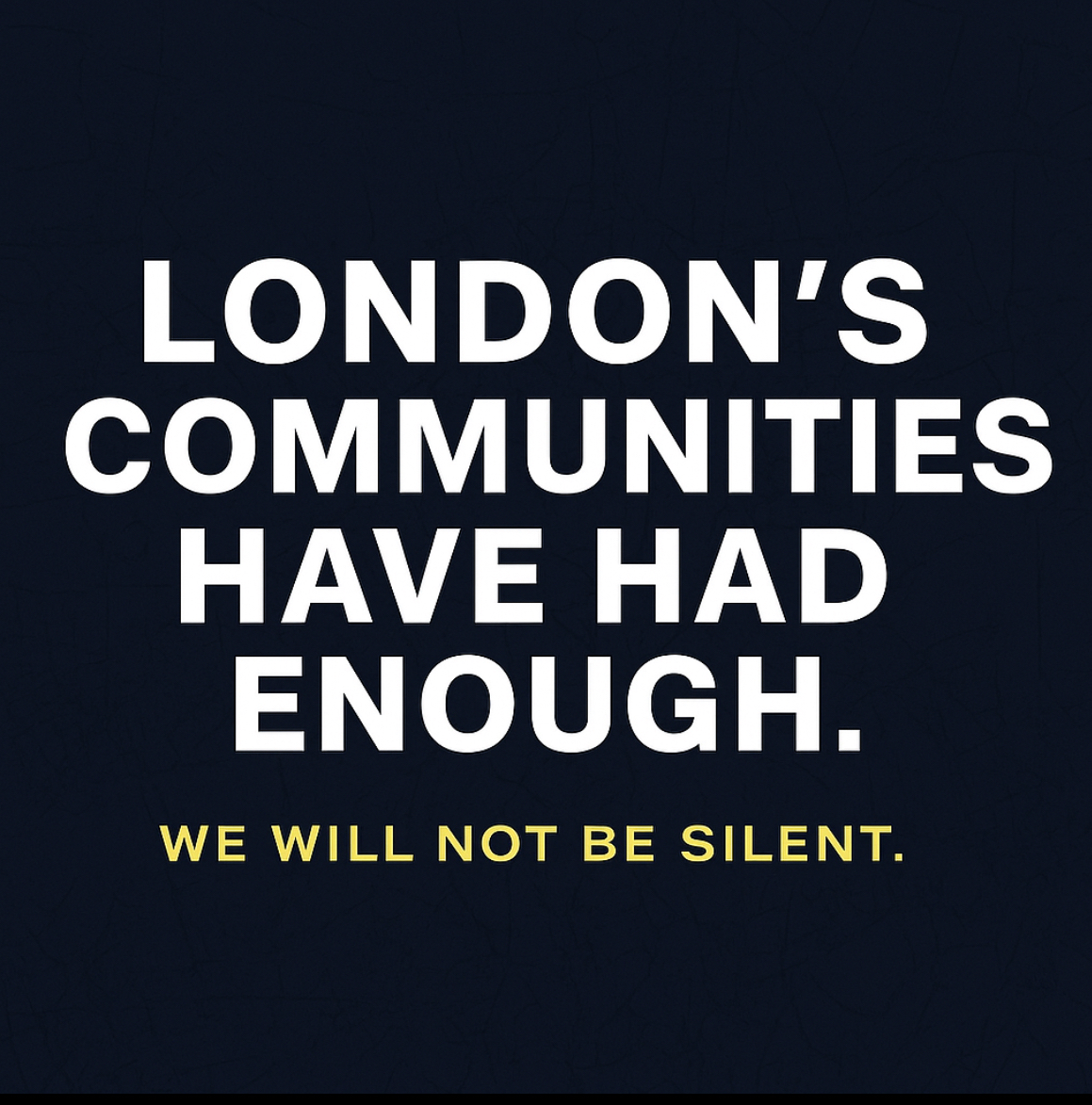
The Panorama revelations are not new — they are simply the latest evidence of what so many have lived and known for decades. But if we allow this moment to pass without decisive change, we will be condemning yet another generation to mistrust, division, and injustice.
The question is no longer whether the Met can reform itself — history tells us it cannot. The question is whether our political and policing leaders will have the courage to share power, embrace democratic accountability, and allow communities to lead in rebuilding trust.
OBV, standing with the APA, will continue to press for that future.
